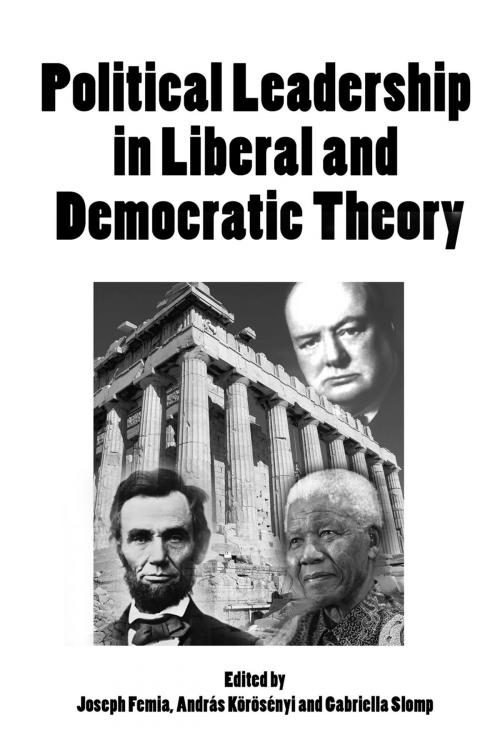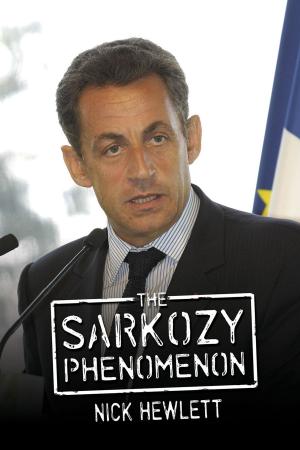Political Leadership in Liberal and Democratic Theory
Nonfiction, Social & Cultural Studies, Political Science, Government, Democracy| Author: | Joseph Femia | ISBN: | 9781845407131 |
| Publisher: | Andrews UK | Publication: | August 22, 2016 |
| Imprint: | Imprint Academic | Language: | English |
| Author: | Joseph Femia |
| ISBN: | 9781845407131 |
| Publisher: | Andrews UK |
| Publication: | August 22, 2016 |
| Imprint: | Imprint Academic |
| Language: | English |
The working hypothesis of this book is that the issue of leadership is neglected by mainstream democratic and liberal theories. This deficiency has especially become evident in the last three or four decades, which have witnessed a revival of deontological liberalism and radical theories of participatory and ‘deliberative’ democracy. The contributors examine, discuss and evaluate descriptive, analytical and normative arguments regarding the role of leadership in liberal and democratic theory. The volume seeks to provoke debate and to foster new research on the significance and function of leaders in liberal democracies.The book (as a whole and in its constitutive chapters) works on two levels. First, it aims to expose the lack of systematic treatment of leadership in mainstream liberal and democratic theory. Second, it explores the reasons for this neglect. Overall, the book tries to convince the reader that liberal and democratic theories should revive the issue of leadership.
The working hypothesis of this book is that the issue of leadership is neglected by mainstream democratic and liberal theories. This deficiency has especially become evident in the last three or four decades, which have witnessed a revival of deontological liberalism and radical theories of participatory and ‘deliberative’ democracy. The contributors examine, discuss and evaluate descriptive, analytical and normative arguments regarding the role of leadership in liberal and democratic theory. The volume seeks to provoke debate and to foster new research on the significance and function of leaders in liberal democracies.The book (as a whole and in its constitutive chapters) works on two levels. First, it aims to expose the lack of systematic treatment of leadership in mainstream liberal and democratic theory. Second, it explores the reasons for this neglect. Overall, the book tries to convince the reader that liberal and democratic theories should revive the issue of leadership.















